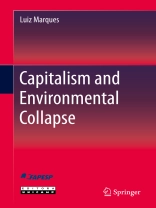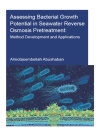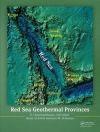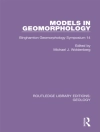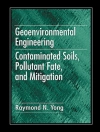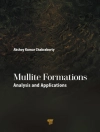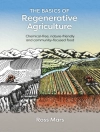This book intends to be an alert to the fact that the curve measuring environmental costs against the economic benefits of capitalism has irreversibly entered into a negative phase. The prospect of an environmental collapse has been evidenced by the sciences and the humanities since the 1960s. Today, it imposes its urgency. This collapse differs from past civilizations in that it is neither local nor just civilizational. It is global and occurs at the broadest level of the biosphere, accelerated by the convergence of different socio-environmental crises, such as:
- Earth energy imbalance, climate change and global warming
- Sea-level rise
- Decrease and degradation of forests
- Collapse of terrestrial and aquatic biodiversity
- Floods, droughts, wildfires, and extreme weather events
- Degradation of soils and water resources
- Increase in pollution caused by fossil fuels and coal
- Increase in waste production and industrial intoxication
Finally, Marques argues that ‘fitting’ back into the biosphere will only be possible if we dismantle the expansive socioeconomic gear that has shaped our societies since the 16th century by moving from a Social Contract to a Natural Contract, which takes into account the whole biosphere. According to him, the future society will be post-capitalist or it will not be a complex society, and even perhaps, we must fear, no society at all.
“This book is backed up with the latest and best science and has made the complexities understandable for the average reader, all in a context of hope for the future.” – William J. Ripple, Ph D, Distinguished Professor of Ecology, Director of the Alliance of World Scientists, Oregon State University
Table of Content
Part I: The Convergence of Environmental Crises.- 1. Introduction.- 2. Decrease and Degradation of Forests.- 3. Water and Soil.- 4. Waste and Industrial Intoxication.- 5. Fossil fuels.- 6. The Regression to Coal.- 7. Climate emergency.- 8. Climate Feedbacks and Tipping Points.- 9. Demography and Democracy.- 10. Collapse of Terrestrial Biodiversity.- 11. Collapse of Biodiversity in the Aquatic Environment.- 12. Genesis of the Idea of the Anthropocene and the New Man–Nature Relationship.- Part II: Three Concentric Illusions.- 13. The Illusion of a Sustainable Capitalism.- 14. More Surplus = Less Security.- 15. The Anthropocentric Illusion.- 16. Conclusion: From the Social Contract to the Natural Contract.
About the author
Luiz Marques is associate professor at the Department of History, University of Campinas (Unicamp), Brazil. He has published several books and essays on the Classical Tradition and, more recently, has dedicated his studies to investigate the growing anthropogenic degradation of ecosystems. Originally published in Portuguese, Capitalism and Environmental Collapse summarizes Prof. Marques’ findings and reflections on this subject.
